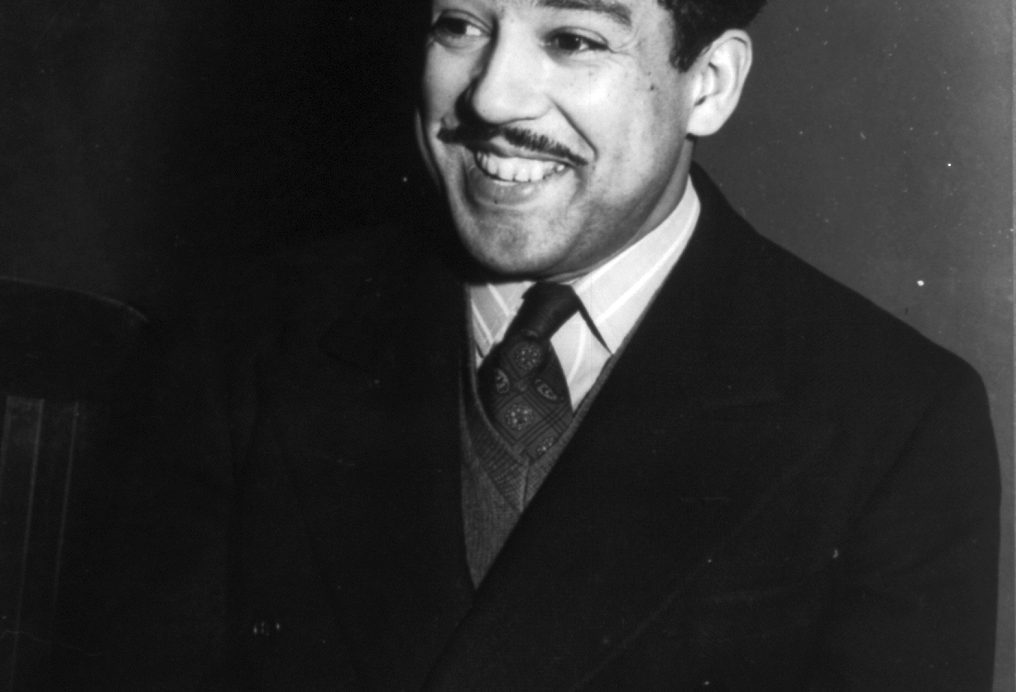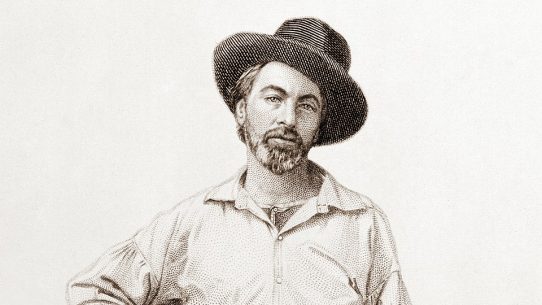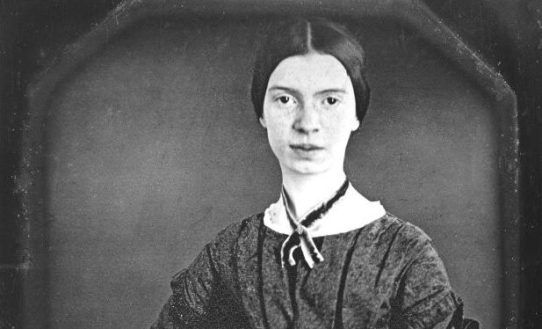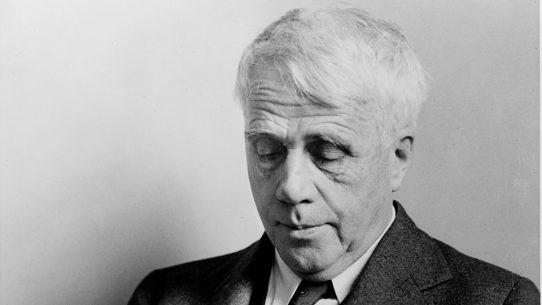Introduction
Langston Hughes (1902–1967) was one of the most influential voices of the Harlem Renaissance and a central figure in twentieth‑century American literature.
A poet, novelist, playwright, and essayist, Hughes captured the beauty, pain, and resilience of Black life in America with unmatched clarity and rhythm. His fusion of jazz, blues, and colloquial speech created a new poetic idiom — one that celebrated the dignity and creativity of ordinary people.
More than a literary pioneer, Hughes was a chronicler of his time, giving voice to a collective experience that had too long been ignored.
Early Life and Education
James Mercer Langston Hughes was born in Joplin, Missouri, and spent much of his early life moving between relatives in the Midwest. His parents separated soon after his birth, and he was primarily raised by his grandmother, Mary Langston, whose stories of abolitionist ancestors instilled in him a deep pride in his heritage. After her death, Hughes joined his mother and stepfather in Illinois and later Ohio, where he discovered his love of reading and writing.
He began writing poetry in high school, where he was elected class poet and published in the school newspaper. After graduation, he spent a year at Columbia University, where he encountered Harlem’s burgeoning Black cultural scene. Although he left Columbia after one year, his exposure to the vibrancy and struggles of Harlem left a lasting impression that would define his career.
His early travels — including voyages as a seaman to Africa and Europe — broadened his worldview and deepened his commitment to portraying the universality of the Black experience.
Literary Career and Major Works
Hughes’s literary career began in earnest with the publication of his poem “The Negro Speaks of Rivers” in 1921, a work that established him as a major new voice in African American poetry. His first collection, The Weary Blues (1926), blended jazz rhythms with lyrical insight, celebrating both the joy and the sorrow of Black life in America. With this collection, Hughes helped to define the artistic spirit of the Harlem Renaissance — proud, rhythmic, and unapologetically rooted in African American culture.
Throughout his career, Hughes wrote in almost every genre. His novels, including Not Without Laughter (1930), explored the complexities of growing up Black in the Midwest. His short story collections, especially The Ways of White Folks (1934), revealed the absurdities and injustices of race relations with sharp humor and compassion. He also wrote plays, children’s books, and newspaper columns, using every medium available to reach a broad audience.
In the 1930s and 1940s, Hughes became known for his “Simple” stories, featuring Jesse B. Semple, a humorous working‑class character whose sharp wit and common sense offered social commentary on race and everyday life. These stories, later collected in volumes such as Simple Speaks His Mind (1950), displayed Hughes’s gift for capturing authentic speech and humor while addressing profound social truths.
Style, Themes, and Influence
Hughes’s poetry is defined by musicality, accessibility, and emotional honesty. Drawing inspiration from jazz and blues, he infused his verse with rhythm, repetition, and improvisation. He wrote about the ordinary lives of Black people — their joys, sorrows, dreams, and frustrations — with empathy and pride. His work challenged stereotypes by presenting African Americans as full, complex individuals capable of humor, love, and artistic brilliance.
Recurring themes in his work include racial identity, social justice, resilience, and the pursuit of freedom. Hughes refused to separate art from politics, believing that poetry should speak directly to the people. His famous essay “The Negro Artist and the Racial Mountain” (1926) declared his belief in the beauty of Black culture and rejected the notion that Black artists must imitate white aesthetics. This philosophy became foundational for generations of writers who followed him.
Hughes’s influence can be felt across American literature and music. His rhythmic innovations paved the way for the development of spoken word and rap, while his vision of poetry as a communal art form inspired writers from Gwendolyn Brooks to Maya Angelou and beyond. His work remains a cornerstone of African American artistic expression and continues to resonate with readers around the world.
Later Life and Legacy
By the 1950s, Hughes had become an international figure — a poet of the people and a cultural ambassador. Despite political scrutiny during the McCarthy era, he remained outspoken in his advocacy for racial equality and artistic freedom. He continued to write prolifically, publishing collections such as Montage of a Dream Deferred (1951), which captured postwar Harlem’s energy and frustration in a series of jazz‑like poetic sketches.
In his later years, Hughes received numerous honors, including the Spingarn Medal from the NAACP and honorary degrees from several universities. He remained deeply connected to Harlem, where he lived until his death in 1967. His funeral was attended by artists, activists, and admirers from across the world — a testament to the reach and power of his words.
Langston Hughes’s legacy endures as that of a poet who sang for a people and a time, yet whose message of dignity, equality, and hope transcends generations. His work continues to remind readers that art can both reflect and transform the world.
Notable Works
Among Hughes’s most celebrated works is his debut collection The Weary Blues (1926), which introduced his innovative blend of jazz rhythms and lyricism. His novels Not Without Laughter (1930) and Tambar of Harlem (1932) reflect his gift for storytelling and his deep understanding of community life. The Ways of White Folks (1934) remains a landmark short story collection for its exploration of race relations in America.
His later poetry collections, including Montage of a Dream Deferred (1951) and Ask Your Mama: 12 Moods for Jazz (1961), showcase his mastery of rhythm, humor, and social critique. His creation of the character Jesse B. Semple in his “Simple” stories brought Black vernacular speech to the forefront of American literature.
Across genres, Hughes’s body of work stands as a symphony of voices — proud, musical, and profoundly human.



